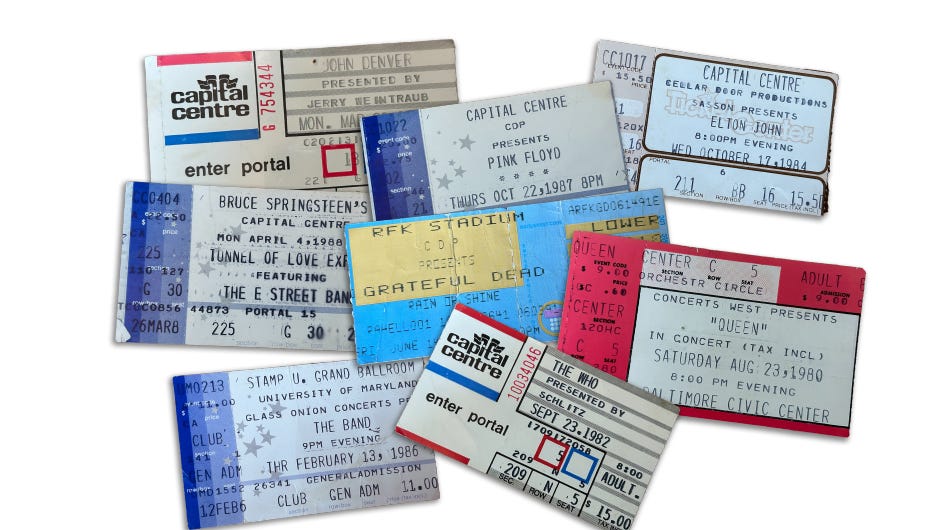Soaring Concert Ticket Prices: Why Are Shows So Expensive?
Concert tickets have become increasingly expensive, leaving many fans struggling to afford their favorite artists' shows. The price hikes aren't just affecting major headliners; even smaller, local acts are seeing ticket costs rise. But why are concert tickets so expensive? Let's delve into the factors driving this upward trend.
The Rising Costs of Putting on a Show
Several key factors contribute to the escalating cost of concert tickets. Understanding these elements is crucial to appreciating the economics behind the price tags.
-
Venue Fees and Rental Costs: Venues charge substantial fees for use, encompassing everything from security and staff to lighting and sound equipment rental. These costs have significantly increased in recent years, directly impacting ticket prices. Premium venues in major cities naturally command higher fees.
-
Artist Fees and Production Costs: Headline acts demand significant compensation, and this is only a portion of the expenses. Elaborate stage productions, including lighting, sound systems, special effects, and video displays, all add to the overall production budget. The bigger the artist, the larger the production budget tends to be, resulting in higher ticket costs.
-
Marketing and Promotion: Reaching a large audience requires significant investment in marketing and advertising campaigns. This includes social media marketing, print advertising, radio spots, and collaborations with other artists or brands. These costs are passed on to the ticket price to ensure the concert breaks even or makes a profit.
-
Ticketing Platform Fees: Online ticketing platforms like Ticketmaster and others charge substantial fees per ticket, further inflating the final price. These fees often cover their operational costs and technology infrastructure, but they undeniably add to the burden on concertgoers. These fees are often opaque and can be a significant percentage of the base ticket price.
-
Inflation and Economic Factors: General inflation and rising costs across various sectors affect the concert industry too. Everything from transportation to staffing costs increases, directly impacting the overall expense of staging a concert.
The Role of Scalpers and Resellers
The secondary ticketing market, dominated by scalpers and resellers, significantly contributes to inflated ticket prices. These individuals or companies buy tickets in bulk and then resell them at massively inflated prices, often taking advantage of high demand and limited availability. This creates an artificial scarcity and drives up prices even further.
What Can Be Done?
While the economics of the concert industry are complex, there are several potential solutions being explored:
-
Increased Transparency: Greater transparency in ticketing fees and pricing structures could help consumers make informed decisions and hold ticketing companies accountable.
-
Regulation of Resellers: Stricter regulations on secondary ticketing markets could help curb the activities of scalpers and reduce the inflated prices on resale platforms.
-
Alternative Ticketing Models: Exploring alternative ticketing models, such as dynamic pricing or subscription services, could offer more affordable options for fans.
The high cost of concert tickets is a multifaceted issue with no single easy solution. However, understanding the various factors contributing to the problem is a crucial first step towards finding more equitable and accessible ways for fans to enjoy live music. What are your experiences with soaring concert ticket prices? Share your thoughts in the comments below!

